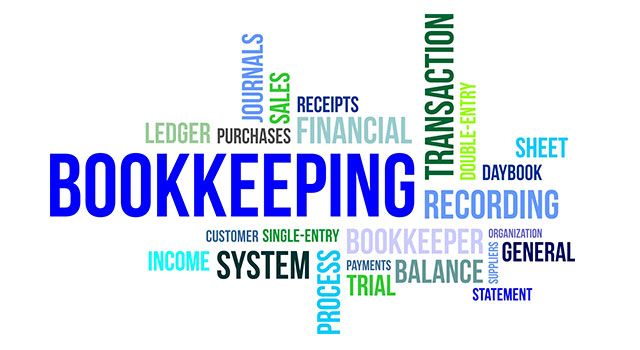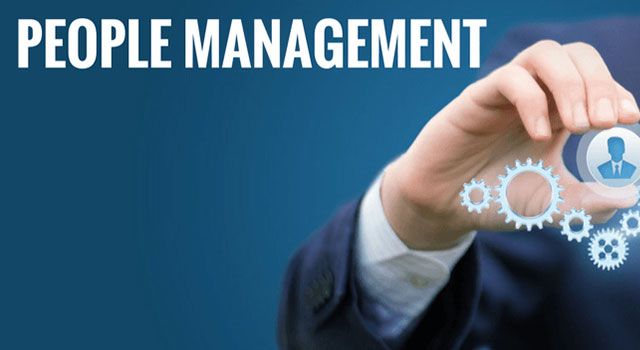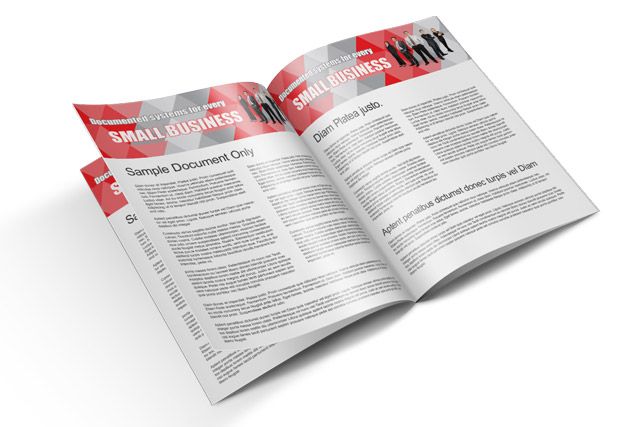Utilising Predictive Accounting to Avoid the Lockdown Blues
Empowering SMEs (Issue 059)
Friday, 22nd May 2020
Want to learn more about ESS Small Business? (Click here)
This week we looked at:
- Utilisation of three-way forecasts (“predictive accounting”) to understand where your business is heading.
- Emerging from the 'lockdown blues'.
Paul Barnaby, Predictive Accountancy Consultant and Australasian representative of PlanGuru, made the following comments relative to the preparation of financial forecasts:
- There has been positives as well as negatives from the COVID-19 business downturn.
- There has never been a time more important for you, as business owners, to need to know where your business is heading and, in particular, what is the effect on your cashflow.
- It is possible to prepare financial forecasts analysing your business activities in under 60 minutes.
- In this strange period that we're in at the moment there has never been more of a need for plans and budgets to be prepared, because there is an old saying “If you fail, to plan you plan to fail”.
- Businesses should be including the financial amounts that they can generate from assistance packages that governments are making available in the Budgets and Cashflow Forecasts.
- Budgets shouldn’t be prepared by taking last year’s figure and adding a percentage – you need to sit down and think about what is likely to happen in your business. This is especially applicable to the preparation of Budgets and Cashflow Forecasts at present because there’s been that many changes.
- The three-way budgeting process includes Profit and Loss Account, Cashflow Forecast and a Predicted Balance Sheet.
- Paul Barnaby gave a demonstration of how the PlanGuru software facilitates the preparation of Budgets, Cashflow Forecasts and Predicted Balance Sheets.
Peter Towers made some comments relative to emerging from the 'lockdown blues'.
Most businesses are in a different position to what they were in January of this year – things have changed. I think one of the big changes, on an ongoing basis, to assist you in the operations of your business for you to have a discussion with your accountant and ask your accountant to be available to perform a wider range of activities to assist you with the 'financial management of your business' by being a virtual 'Chief Financial Officer'.
This will enable you to access your accountant and the accountant’s team on an ongoing basis similar to what you have probably done over the last 6 to 8 weeks.
This is what accountants are trained to do – the preparation of tax returns is only part of the overall services that accountants can perform for small businesses and medium-sized enterprises.
If you haven’t already done so, I suggest you identify your senior leadership team and ensure that the team is meeting briefly on a daily basis and then more formally on a weekly basis. At the end of each month there is a 'Business Review Meeting' attended by the leadership team members and your accountant as the Chief Financial Officer for your business.
A key task for the leadership team, at this stage, is to develop strategies for the period from now through to 30th September 2020 and for the period post September through to December 2021.
What are your customers' activities likely to be? Will your supplies be able to supply the products that you need to purchase from them? Do any of your team members need special training? What changes need to be made in your business operations?
All of this information should then be reflected in an updated Budget and Cashflow Forecast to determine whether your business will need a cash injection at some stage before December 2021. If the financial forecasts indicate that a cash injection is desirable, I think you should be preparing a loan application now and submitting it to your bank as soon as possible, so that hopefully you can get a favourable decision and the funding prior to 30th September 2020.
The reason for this is that the 'Coronavirus SME Guarantee Loans' which are 50% guaranteed by the Australian government, are only going to be issued up to 30th September 2020. One of the key conditions of the funding made available by the Reserve Bank was that the funds were to be used for low interest, three-year duration loans of a maximum of $250,000 with no security, up to 30th September 2020 and that any of the funds supplied by the Reserve Bank not utilised by 30th September 2020, was to be returned to the Reserve Bank.
If you analysed the various reports from the Top 4 banks relating to their interim financial reports, they have all made big provisions for doubtful debts. The banks obviously expect that there will be business failures from October onwards. The reason for the current 'calm conditions' relative to outstanding debts is that the government has made temporary amendments to the Corporations Act which basically prevents a bank, or any other lender, taking wind up action against any SMEs until after 30th September 2020.
It is therefore very advisable to try to finalise bank loan applications before that cut-off date or to give serious consideration to raising capital from the public utilising Section 708 of the Corporations Act or Crowd Sourced Funding Equity Raising.
If you wish to make a loan application you will require a Business Plan, or a dot point Business Plan, Budget for 3 years, Cashflow Forecast for 3 years, tax return and financial accounts to 30th June 2019 and interim financial accounts to 31st March 2020 together with any other information your bank requires.
Most SMEs will require the assistance of your accountant, acting as your Chief Financial Officer, to be able to prepare the documentation that will be required.
Now is the time to have a discussion with your accountant in relation to the preparation of documentation to guide your business over the next few years.
To view this webinar recording (held on 20th May 2020), please click here.
Next "COVID-19 Survival Panel" Webinar
The next webinar for small businesses and medium-sized enterprises, as part of the "COVID-19 Survival Panel" series will be held on Wednesday, 27th May 2020 at 12-noon AEST, with keynote speakers:
- Matthew Karakoulakis, Partner AMK Law, Adelaide and Melbourne – “Preparing for the End of the Lockdown”.
- Amanda Gascoigne, Amanda Gascoigne Consulting – “How to Enhance and Strengthen Your Relationship with Your Accountant”.
To register for this free webinar please click here.
We would like to invite you to visit the ESS Small Business website > Survival in Difficult Times > Learn More where you'll find details of the products that ESS Small Business has developed to assist small businesses and medium-sized enterprises to gain a better understanding of strategies which will assist you to emerge from the 'lockdown blues'.
Want to know more?
You can access the PowerPoint slides utilised by Paul Barnaby in his presentation - click here.
The PowerPoint slides utilised by Peter Towers are also available - click here.
To access “Want To Know More” please click here.
Stay safe. If you’d like to have a discussion, please don’t hesitate to contact us.
- peter@essbiztools.com.au
- Telephone 1800 232 088
If you have a friend or a colleague who you think might find this article interesting, please don’t hesitate to send it on to them.
Have a great day!





































